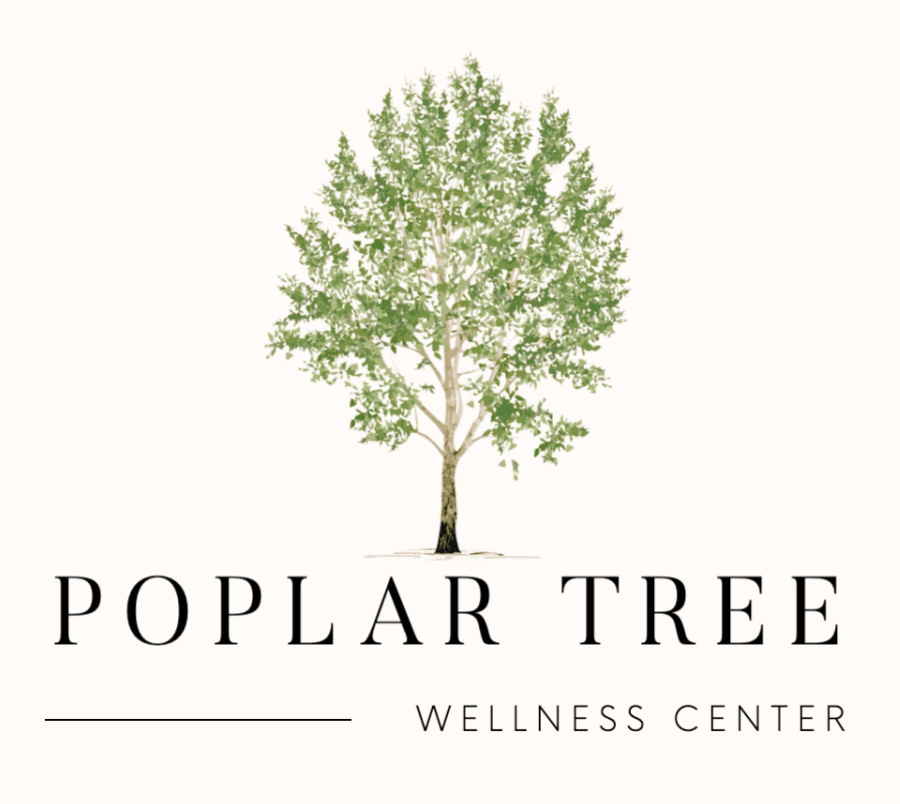Mental Therapy Professionals in Suburban and Rural areas.
Poplar Tree Wellness Center.

Mental therapy, also known as psychotherapy, is a vital aspect of healthcare that helps people deal with emotional and mental disorders. It is a form of talk therapy that focuses on identifying and addressing the underlying psychological issues that cause emotional distress. Although mental therapy is available in urban areas, access to mental health services can be limited in suburban and rural areas.
Since Poplar Tree Wellness Center is located in the beautiful rural county of Sussex, we'll explore the challenges of mental therapy in suburban and rural areas and the resources available to those who need them.
Challenges of Mental Therapy in Suburban and Rural Areas
One of the most significant challenges of accessing mental therapy in suburban and rural areas is a lack of mental health professionals. There are fewer mental health professionals per capita in suburban and rural areas than in urban areas. This lack of mental health professionals can make it difficult for people living in these areas to access the help they need.
Another challenge is the stigma associated with mental health in rural and suburban areas. Many people in these areas may view mental health problems as a sign of weakness and may be hesitant to seek treatment. The lack of education about mental health issues in these areas can also contribute to the stigma, making it difficult for people to seek help.
Additionally, the cost of mental therapy can be a barrier to accessing care in suburban and rural areas. Many people in these areas may not have access to health insurance, and even if they do, mental health coverage may be limited. The cost of travel to see a mental health professional can also be prohibitive, especially for those who live in remote areas.
Resources Available for Mental Therapy in Suburban and Rural Areas
Despite these challenges, there are resources available for people in suburban and rural areas who need mental therapy. One of the most effective resources is teletherapy, also known as online therapy or telehealth. Teletherapy allows people to connect with mental health professionals through video chat or phone calls, eliminating the need to travel to an office. This is especially helpful for people who live in remote areas or have limited mobility.
Another resource is community mental health centers. These centers provide low-cost or free mental health services to people in the surrounding area. They may offer counseling, therapy, and support groups. Community mental health centers may also have sliding scale fees based on income, making mental health services more affordable for those who need them.
Finally, peer support groups can be a valuable resource for people in suburban and rural areas who are dealing with mental health issues. These groups provide a supportive environment where people can connect with others who are going through similar experiences. Peer support groups may be available online or in-person.
Conclusion
Access to mental therapy in suburban and rural areas can be challenging, but it's not impossible. Teletherapy, community mental health centers, and peer support groups are all resources available for those who need them. By increasing awareness about mental health issues and reducing the stigma associated with mental illness, we can help more people in suburban and rural areas get the help they need to live happier and healthier lives.
Poplar Tree Wellness center is proud to be part of our community and provide the necessary treatment for those that are seeking it.




